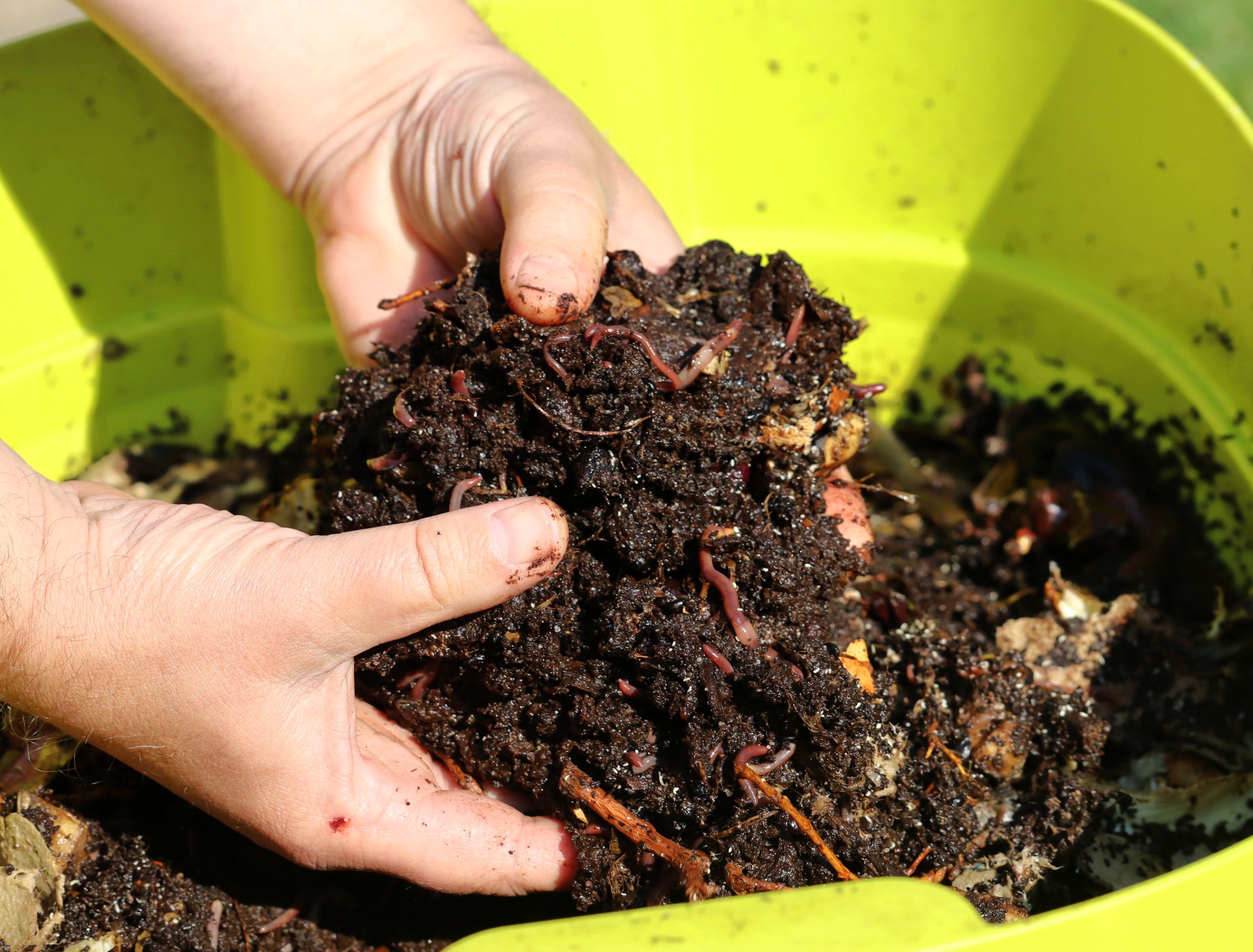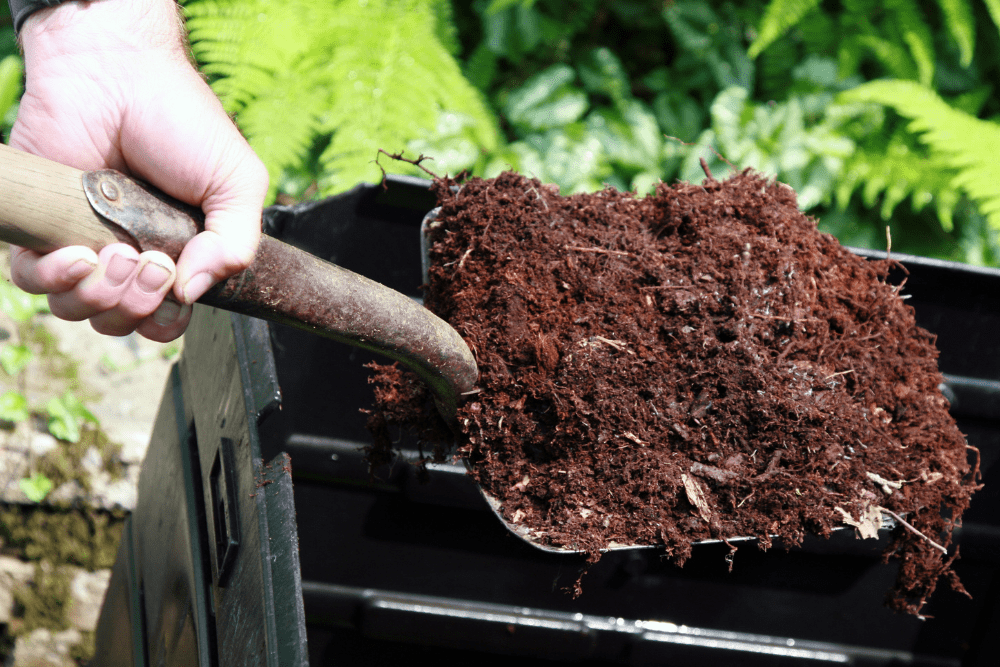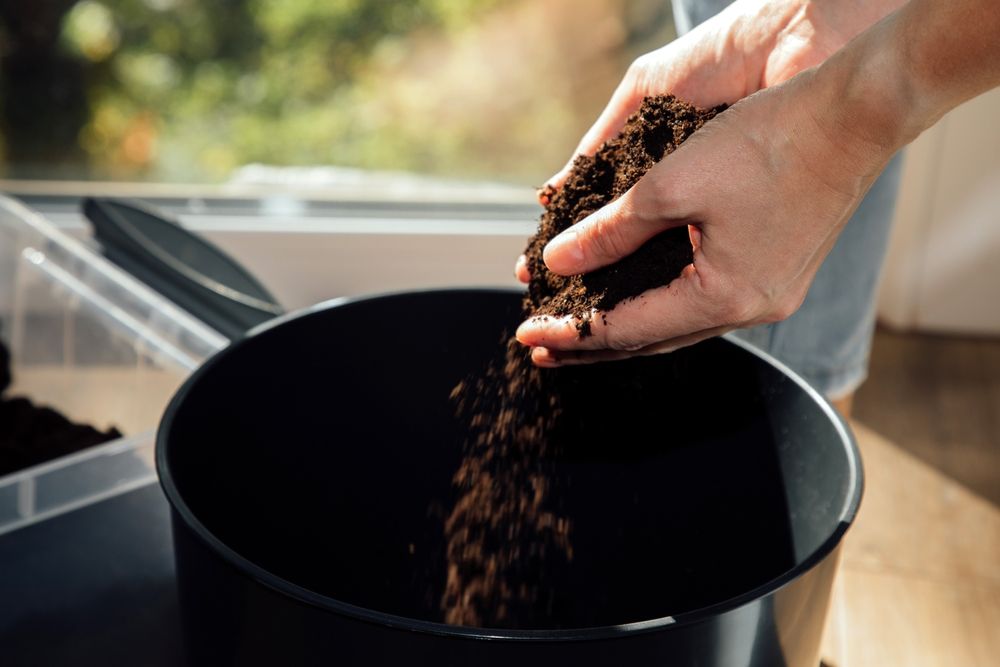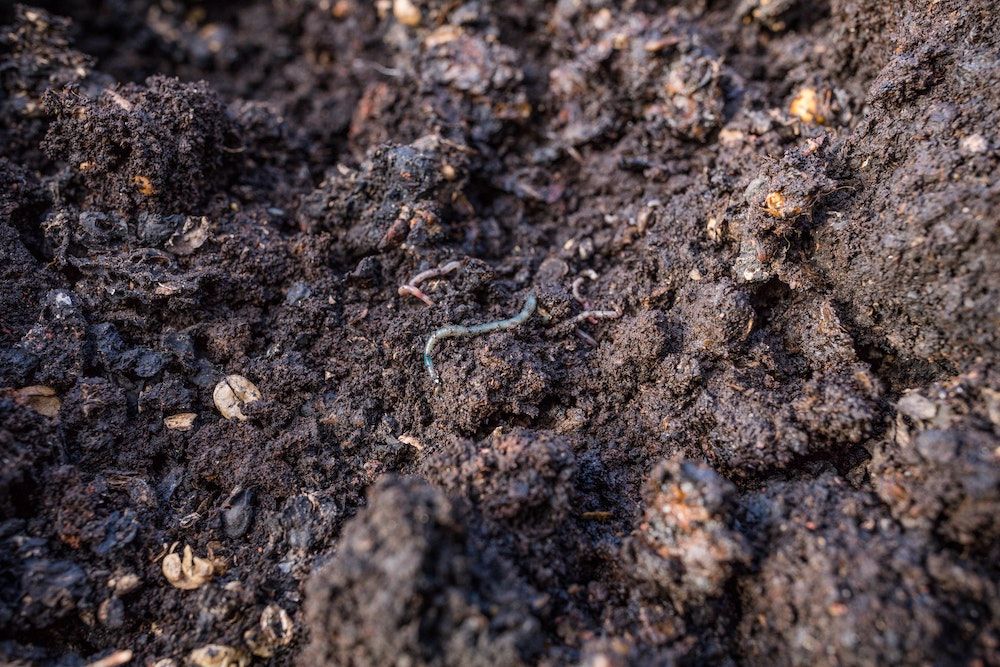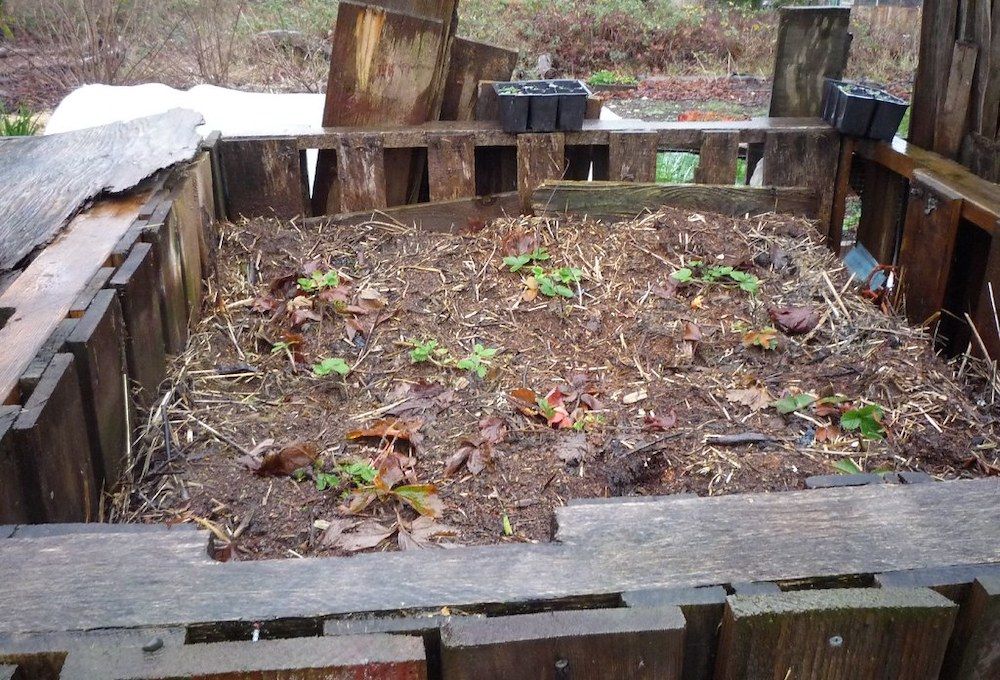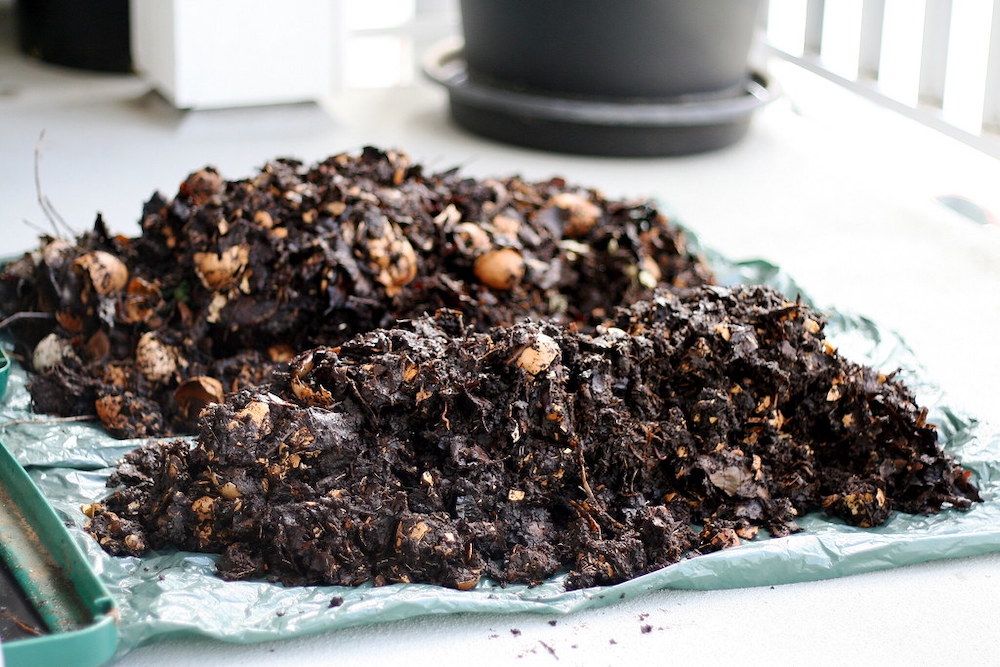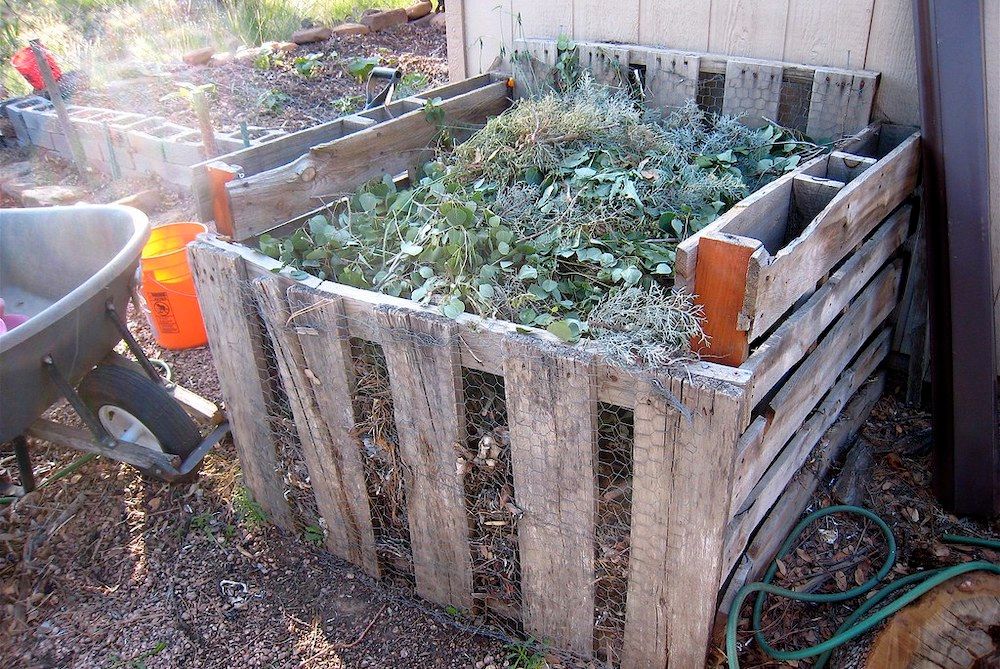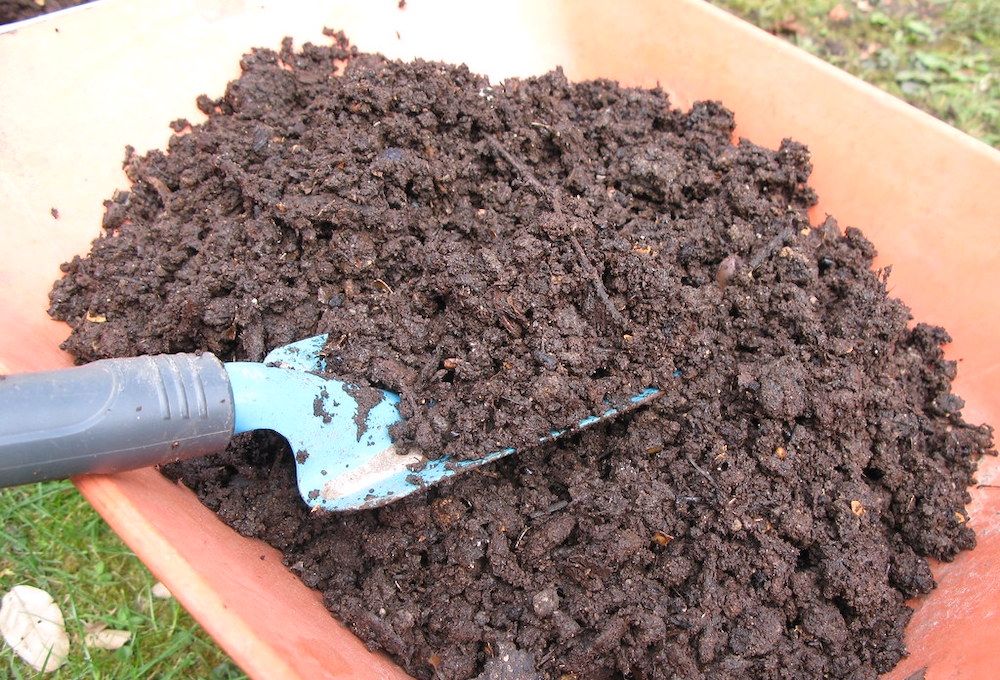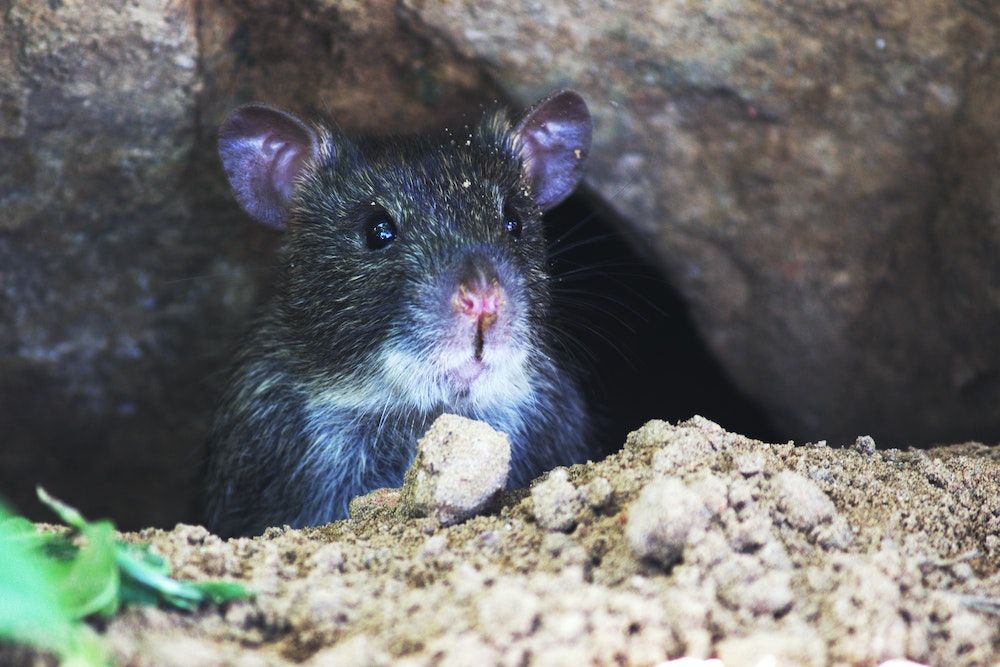Composting is a great way to transform organic kitchen scraps and disease-free garden debris into black gold for your garden. Compost helps improve soil fertility and structure by fostering an ideal environment. It's very beneficial for bacteria, earthworms, and other microorganisms.
While there are many commercial composts on the market, making your own batch is easy. It helps you save time and money while recycling organic waste, which benefits the environment. That said, making compost isn't free from mishaps -- there are common issues most gardeners face. Mulch more below!
Why Composting Is Beneficial
Composting is a chemical-free way of nourishing your plants and soil. It improves the soil's structure, health, and plant growth. Besides that, composting comes with other benefits.
1. Reduces Greenhouse Emissions
Image credits: Onfokus via Canva
Composting is a process where organic matter is decomposed and broken down by microbes. Aerobic composting is when organic materials decompose with the help of oxygen. Anaerobic composting occurs in a closed system using microbes that don't need oxygen.
Imagine these processes in a landfill. Suppose you put something in a landfill, and it gets submerged under tons of other waste and restricts oxygen. In that case, it ends up inducing anaerobic decomposition. As a by-product, anaerobic decomposition creates methane and carbon dioxide. These two greenhouse gases trap heat in the atmosphere, which causes climate change and global warming.
In contrast, aerobic decomposition produces a lot less carbon dioxide and methane. By making your own (aerobic) compost, you help the environment by reducing the waste stream that clogs landfills and inadvertent anaerobic decomposition.
2. Reduces Soil Erosion and Improves Soil Health
Image credits: Olga Pylypenko via Shutterstock
Composting can help restore your soil to its former glory. Apart from adding phosphorus, potassium, and nitrogen to your soil, it improves drainage and helps prevent erosion.
Mature compost, which has naturally heated up and cooled down, is considered a soil conditioner containing some nitrogen, phosphorus, and potassium.
The nutrients come from the organic plant and food waste you've added to your pile and the beneficial microbes like bacteria, mesophilic microorganisms, and fungi present during the decomposition process.
Compost acts like a slow-release fertilizer that feeds the plants over time and helps balance the soil's density. Adding compost to your soil reduces soil erosion by 86 percent. That's a lot considering the USA loses two billion tons of topsoil every year through soil erosion.
3. Saves Water
Image credits: Olya Detry via Shutterstock
A study published by the Journal of Soil and Water Conservation revealed that adding organic matter to the soil through compost increased the soil's available water capacity.
Across all textures of soil, whether sandy, silt, or clay, adding 0.5 to 3 percent of organic matter to the soil doubled the available water capacity. This exponential change in water retention means you won't have to water your plants too often, thereby saving water.
6 Composting Problems and How to Fix Them
Making compost isn't free of mishaps, and there are common issues that most gardeners run into. Remember that you can't really "ruin" a compost, and you're likely just a few steps away from your pile of black gold.
1. Slimy Compost
Image credits: Antony Trivet via Pexels
If your compost is slimy, soggy, and/or wet, it has too much moisture and little aeration, and there's no balance between green and brown matter. A slimy compost can induce anaerobic decomposition.
A healthy compost is a balanced mix of nitrogen-rich green matter like organic kitchen debris, disease-free grass clippings, and fallen leaves, and carbon-rich brown matter like dry leaves, newspapers, straw, and sawdust.
An overload of unshredded leaves, hay, and grass clippings will have no air circulation if they become matted at the center of the pile. Moreover, left open during rainfall, this dense pile could develop into a cold waterlogged lump of would-be compost.
Cover your pile with a loose tarp or hood during rainfall to tackle slimy compost. Ruffle and turn the heap every few days or once a week, and add organic matter less prone to matting, like sawdust, corn cobs, or pine needles.
2. Dry Compost
Image credits: nancybeetoo via Creative Commons
Dry or dusty compost is a common problem for those who live in arid climates. Instead of your compost decomposing, you still see your fruit and vegetable peels from weeks prior wither helplessly in the dry stack.
The cause of dry and dusty compost is a lack of moisture to keep the decomposing bacteria alive to reproduce.
One solution to dry compost is to water it just enough to dampen it. Compost should be damp and moist, not wet or soggy. It should feel like a damp sponge but don't stick your finger inside, as compost is home to various bacteria and can become very hot. Don't water your compost directly with a hose. Instead, opt for a multidirectional sprinkler that'll lightly shower your pile.
Keep the sprinkler on for about an hour, then feel for any dry parts. You can also turn the compost over periodically to ensure the water from the sprinkler reaches other parts of the pile.
3. Bug-Infested Compost
Image credits: lindsay.dee.bunny via Creative Commons
Insects play a large part in composting and are few among the visible decomposers in a compost pile. Almost all bugs, including earthworms, mites, millipedes, pill bugs, sow bugs, white worms, snails, and slugs, help break down the organic matter in a compost pile.
That being so, their usefulness is limited to the breakdown of organic matter and not much beyond that. If they remain in your compost and you apply the finished product to your plants, crustaceans like the pill and sow bugs could damage the developing roots of seedlings and other plants.
However, bugs like earthworms, maggots, and roaches benefit the compost as they continue to aerate the pile and promote air circulation necessary for aerobic decomposition.
If you want to remove the bugs in the earlier stages of composting, turn up the heat in the compost pile to above 120 degrees Fahrenheit. Increase the pile's green nitrogen-rich matter and brown carbon-rich matter, then toss and aerate it to raise the pile's temperature.
If you're at the later stages of composting, spread a thin layer of your compost on a tarp and leave it in direct sunlight. Doing so will raise the temperatures and cause the bugs to evacuate.
4. Plants Growing in Composting Pile
Image credits: cogdogblog via Creative Commons
While listed as a composting problem, plants growing in your compost may not always be bad. These plants could be weeds that survived the composting heat; if so, you can pull them out. Discard weeds like thistle, but you can add dandelion, mugwort, and clover to your compost.
On the beneficial side, if these plants are sprouting vegetable seedlings, like potatoes, squash, and tomatoes, you can transplant them into your garden.
5. Bad Smelling Compost
Image credits: Sustainable sanitation via Creative Commons
Pungent odors are part of the composting process, but mature compost smells like the earth. That said, there are some smells of which to be wary. For example, if your compost emanates the sweaty stench of ammonia, it could mean that the pile is waterlogged or contains a considerable amount of nitrogen-rich material like kitchen scraps and grass clippings.
A rotting smell could result from matter that hasn’t been properly mixed into the compost pile. Larger organic material takes longer to decompose, which attracts flies and gives off a rotting stench. Cut large scraps into small pieces and toss them throughout the pile instead of clumping them together.
Adding manure to your compost can also give off a rotting stench because manure can sometimes contain urine. To address the stench induced by the manure, add shredded dry leaves or chopped straw to act as an absorbent.
6. Rodents in Composting Pile
Image credits: Shashank Kumawat via Pexels
If you spot rats, raccoons, and opossums, it's because of the type of kitchen waste you're putting in your pile. Scraps such as fats and lards or animal meat and bones emanate odors and attract rodents.
Never put meats, fats, fish scraps, or oils in your compost bin. If you've accidentally added them to your pile, add wood ashes and topsoil to your compost to mask the odor and prevent rodents from contaminating it.
Maintain Your Composture!
Making your own composting is a rewarding experience but comes with challenges. Understanding what can and can't be composted is a learning curve, but the benefits are worth it!
If composting is a little too extreme, you might want to create a lasagna garden or build a keyhole garden to grow your favorite crops and compost simultaneously.
Leave your experiences, thoughts, and questions in the comment section! And share with friends and family who might find this helpful.
Happy gardening!

